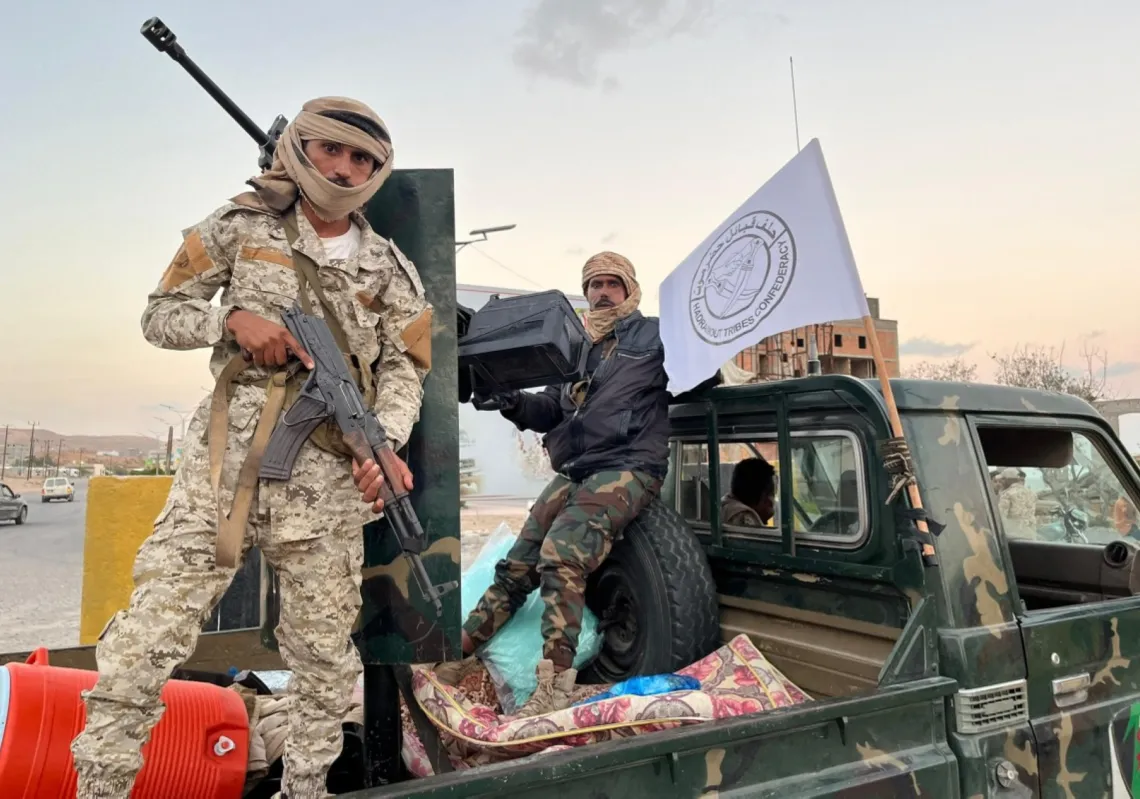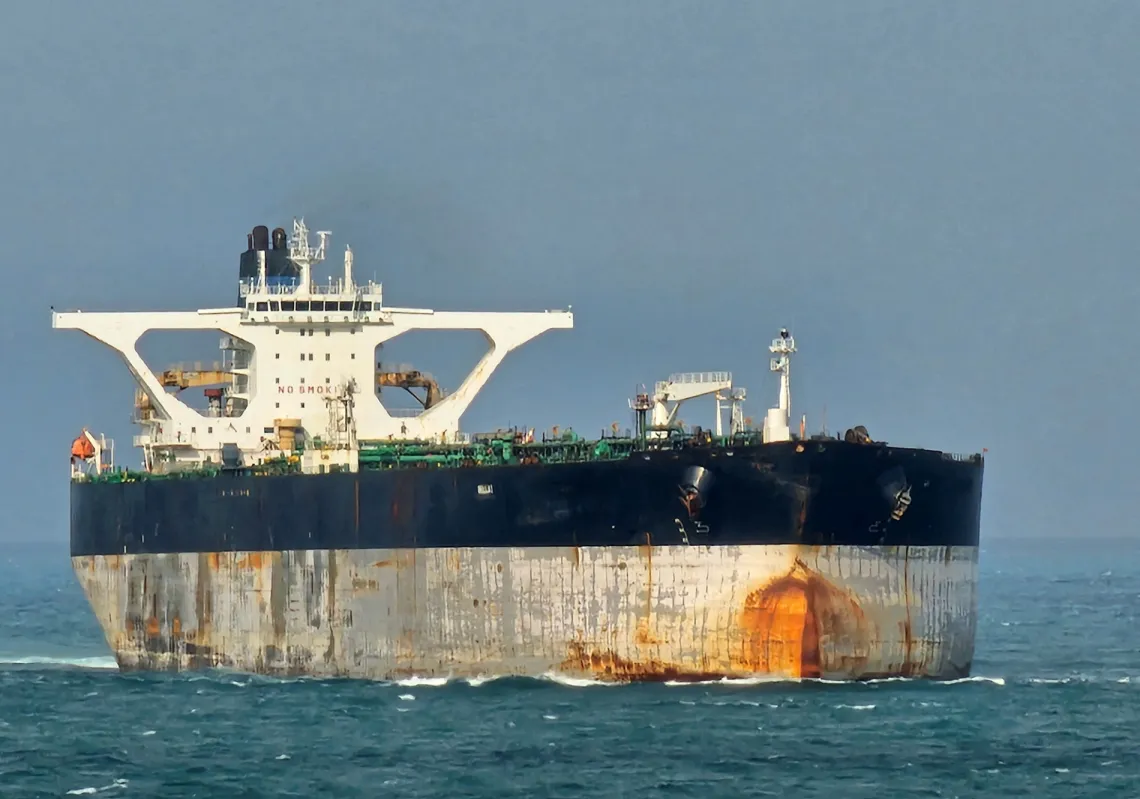The 19-20 November heads-of-state summit in Lisbon devoted much attention to the alliance’s troubled military campaign in Afghanistan. In the eyes of many, NATO’s failure to win that conflict would call into question the organization’s effectiveness as a global security institution.
The Lisbon summit saw a strong commitment by the NATO governments to sustaining a security presence in Afghanistan, with the member governments extending their transition timeline to 2014. Despite recent defense budget cuts, the members of the NATO-led International Security Assistance Force (ISAF) now deploy approximately 100,000 US troops and nearly 50,000 other foreign forces. Even the perennial shortage of NATO trainers in Afghanistan will soon be filled thanks to a decision by the Canadian government to contribute almost one thousand soldiers to that mission.
Still, several days after the summit, the Pentagon reported to Congress that, through September 2010, NATO had made only "uneven" progress in Afghanistan despite the surge of combat troops in the country. And the escalating fighting has led to a surge in the number of civilian casualties. Although Taliban insurgents are responsible for most of these incidents due to their widespread use of improvised explosive devices, the Afghan people often blame NATO for the resulting deaths and injuries.
No matter how well NATO improves the effectiveness of its strategy and tactics, it cannot win the war alone. The alliance needs partners, both in Afghanistan and elsewhere, to achieve and sustain a democratic regime able to contain widespread political violence and prevent the reconstruction of a terrorist base with global reach on its territory or a narcotics-funded insurgency that threatens neighboring countries.
Inside Afghanistan, the problem is that the government and its security forces still experience major difficulties in providing good governance and the rule of the law, promoting economic development and job creation, combating corruption and narcotics trafficking, as well as ensuring the security of Taliban members who attempt to reintegrate peacefully into Afghan society. Although NATO is not responsible for these problems, its preferred Afghan strategy will remain hostage to their resolution.
There needs to be an effective Afghan security structure for NATO to transition the war to Kabul’s leadership. Despite extensive foreign training programs and other support, the Afghan National Army and Afghan National Police have little capacity to defeat the Taliban insurgents without continued direct NATO assistance. ISAF training requirements continue to increase due to the widespread desertions of Afghan soldiers. Their persistent weakness is one of the main reasons why NATO has felt compelled to send tens of thousands of additional troops to Afghanistan in the last year alone.
The Lisbon summit also has confirmed the growing Russian interest in collaborating with NATO in Afghanistan. The Russian government has now granted NATO collectively the same right to transport goods destined for Afghanistan through its territory that it offers select NATO members. In return, NATO has agreed to cooperate more with Russia on countering narcotics trafficking relating to Afghanistan. Russian authorities claim that they lose around 30,000 people each year to drug overdoses, HIV transmitted by dirty needles, and other casualties related to Afghan opium. NATO will also pay for Russia to provide helicopters and helicopter training to Afghan pilots.
Yet, the alliance still lacks support from key international partners. Perhaps the most troublesome partner is Pakistan, whose government remains unable to curb the long-standing assistance many Pakistanis provide the Afghan insurgents. In its progress report to Congress, the Pentagon acknowledges that efforts to prevent the Taliban from sending men and material across the Afghanistan-Pakistan border “have not produced measurable results.” The Pakistani army has thus far declined to suppress the Afghan Taliban, which enjoys sanctuary in regions along the Afghan-Pakistan frontier from which they have supported their insurgency in Afghanistan.
Iran and China are other missing partners. The dispute over Iran’s nuclear program has impeded collaboration between NATO and Iran in Afghanistan and elsewhere. Meanwhile, despite becoming a major economic stakeholder in Afghanistan, the Chinese have declined to support the NATO forces that are protecting those investments. Beijing has repeatedly rejected NATO’s requests to transit supplies through Chinese territory to landlocked Afghanistan.
In addition to improving its partnership with the Afghan government and several of its neighbors, NATO must achieve greater harmonization among the various international institutions supporting Afghanistan’s reconstruction. Sustained improvements in the political, economic, and security conditions in Afghanistan are unachievable without more effective collaboration between NATO and other international institutions—particularly with the United Nations, the European Union, the Collective Security Treaty Organization and the Organization for Security and Cooperation in Europe.
Moving forward from Lisbon, NATO must develop and implement an action plan for assessing progress in the Afghan war according to specific benchmarks. These should include fielding more effective Afghan Security Forces, improving the capacity of Afghan governance institutions, and generating more employment opportunities of peaceful nature.
The alliance also needs to continue to develop its global partnerships to mobilize international support for the Afghan war. NATO is assuming an important coordination role among the many countries and institutions involved in Afghanistan. It is already partnering with more than a dozen non-NATO members—Australia, Japan, and South Korea—in the NATO-led ISAF. The task now is to extend these partnerships to encompass more actors and to transform what in some cases remains primarily nominal support into more meaningful and enduring contributions.
Richard Weitz - Senior Fellow and Director, Center for Political-Military Analysis at the Hudson Institute, Washington DC.








